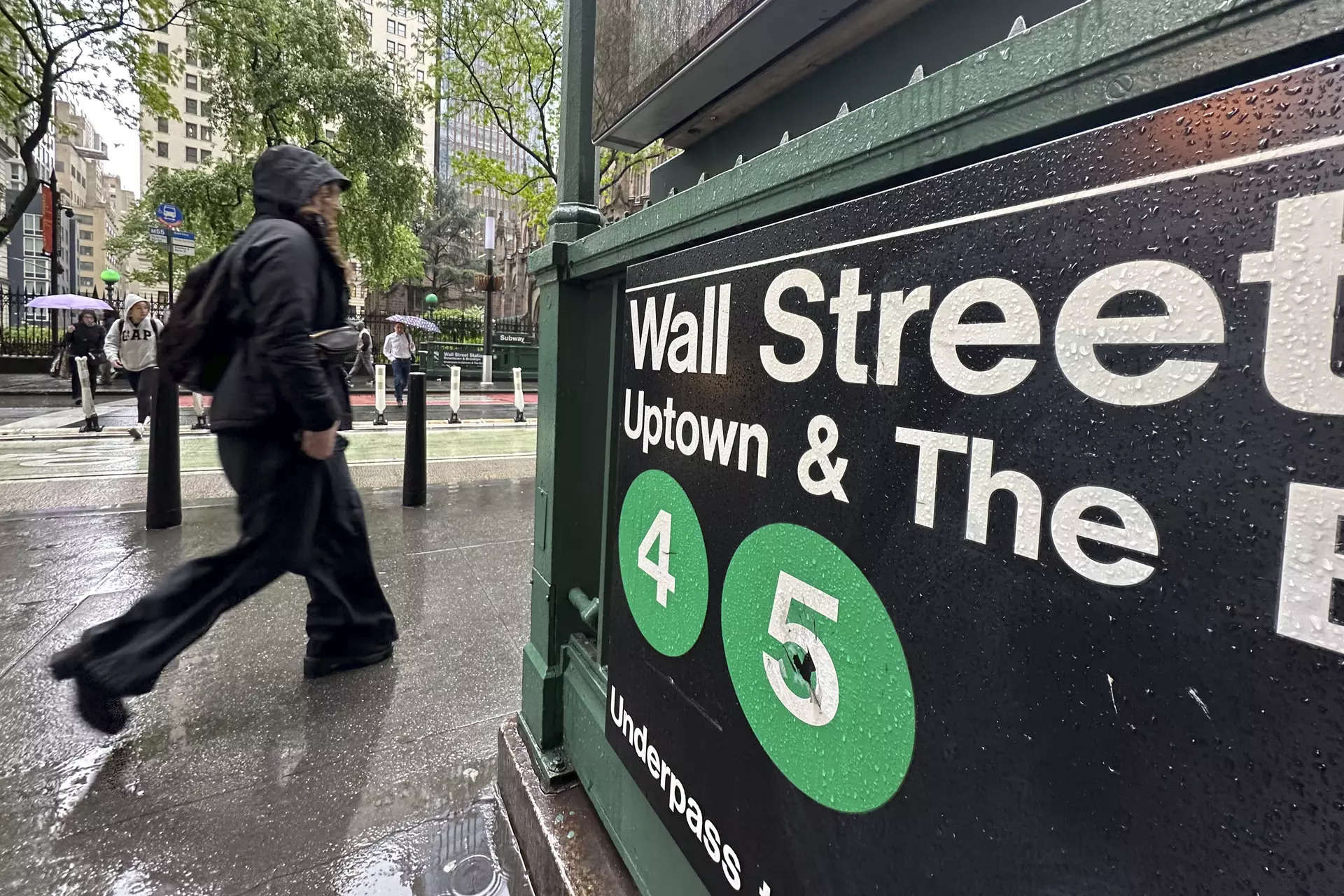Bearish trades crater fast in Wall Street’s high-momentum rally
Traders are betting against the tech-heavy Nasdaq 100 index, investing heavily in bearish exchange-traded funds (ETFs). However, their bets have not paid off as the index continues to rise, causing these bearish ETFs to plunge. One example is a bearish ETF that has dropped 20% in a month after receiving $500 million in investments at the start of the month. This situation highlights the risks involved in betting against a strong market trend.
With each passing week, the bear case for proves too tempting to pass up for a handful of gutsy traders.Risky assets with lavish valuations march on against expectations, the group of stays stubbornly concentrated, get delayed once more.
Certain things are about to reverse, these traders take the bait. In one example, they plowed $500 million at the start of the month — the most this year — into an amped-up exchange-traded fund designed to win big when the drops. The problem: The keeps going up with a fresh 1.4% advance this week. In turn, the bearish ETF has plunged 20% this month alone.
It’s a similar story for those who’ve recently dived into trades that gain when volatility rises, from vanilla options hedges to more complex black-swan portfolio insurance. In each case, buyers have paid dearly as endures.
“Buying something that’s out of favor is intellectually compelling and sound, but it goes against human nature,” said quant guru Rob Arnott, a proponent who touts diversifying trades including overseas exposures. “We’re hardwired to say ‘get me out of here when we see pain or losses’,” according to the founder.
Sky-high valuations, a foot-dragging and an equally intractable political backdrop all put prudence at a premium. Yet practically every bearish impulse has proven costly as Corporate America’s earnings engine powers ahead. Animal spirits are raging in crypto and returning in select emerging markets, while riskier corporate bonds continue to best their higher-quality counterparts.
 Bloomberg
BloombergOn the anniversary of ’s blow-out results and after a year of artificial intelligence-fueled euphoria, things don’t look too different for the big winners of the great rally. The world’s most valuable chipmaker smashed expectations on Wednesday. That helped list the tech-heavy Nasdaq 100 for a fifth consecutive week of gains, hurting investors betting that the lop-sided nature of the equity rally will reverse soon enough. The equal-weighted version of the S&P 500 recently underperformed the market cap-weighted benchmark by the most in at least two decades.
The Volatility Index, known as the VIX, tumbled below 12 around pre-pandemic levels, as bond volatility hovered around the lowest levels in two years. The S&P 500 ended the week little changed and near record highs.
Inflows into complex exchange-traded products show how painful betting against the winners can be. The UltraPro Short QQQ (ticker SQQQ), which bets on a drop in the Nasdaq 100 with three times leverage, has tumbled 20% so far this month. An ETF, known as the 2x Long VIX Futures ETF (UVIX) and designed to benefit to a notable degree when volatility spikes, had its best inflow in a year just as it tumbled 33% so far in May.
“Given the supportive risk backdrop it makes sense to prefer tech-heavy markets and sectors,” said Alex Saunders, head of quant macro team at . “Our big picture view is that it is premature to think about defensive trades despite the softness in some economic data. Fed cuts are still in play for this year and should mitigate the risks of pull backs.”
 Bloomberg
BloombergYet as the economy shows continued strength, recent reports on retail sales and manufacturing suggest demand is easing. Minutes from the Fed meeting earlier this week show how, among other things, various policymakers are open to holding rates steady for longer “should inflation not show signs of moving sustainable toward 2%.”
No wonder banks have been rushing to revise their forecasts for the world’s most important interest rate. This week, Nomura Securities and Goldman Sachs Group Inc. pushed their expectations on the first cut to September, from July. Yet the swap market now sees this happening only in December, a big reversal from the end of 2023 when easing was expected to begin in March.
“All markets are priced for perfection in terms of a soft landing and tech outperformance,” said Priya Misra, portfolio manager at JPMorgan Asset Management. “Spreads are tight, multiples are high and rates are priced to decline over the next few months.”
After pledging to avoid big market calls that have earned him fame in recent years, Morgan Stanley’s Michael Wilson threw in the towel this week – projecting the S&P 500 near records will tread water, not sink, in the year ahead. His capitulation underscores the broad reckoning for the last-remaining skeptics and comes as strategists from Deutsche Bank AG to UBS Global Wealth Management rush to raise their equity-index targets.
To George Cipolloni, a portfolio manager at Penn Mutual Asset Management, defensive trades make sense on a relative-valuation basis but not when the market remains squarely focused on rewarding earnings growth.
“Nevertheless, we cannot let the good times result in complacency,” he said. “Just because the market is not presently placing much value on downside risk does not mean that none exists.”
Source: Stocks-Markets-Economic Times
